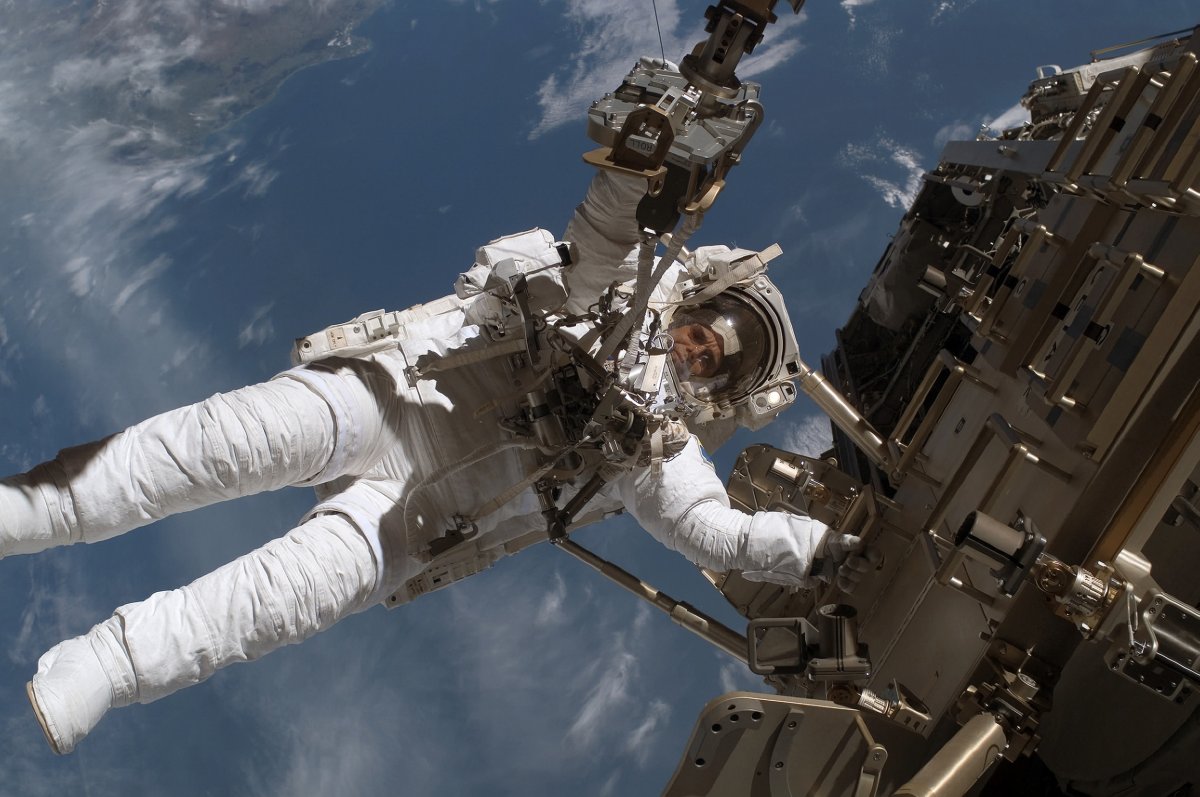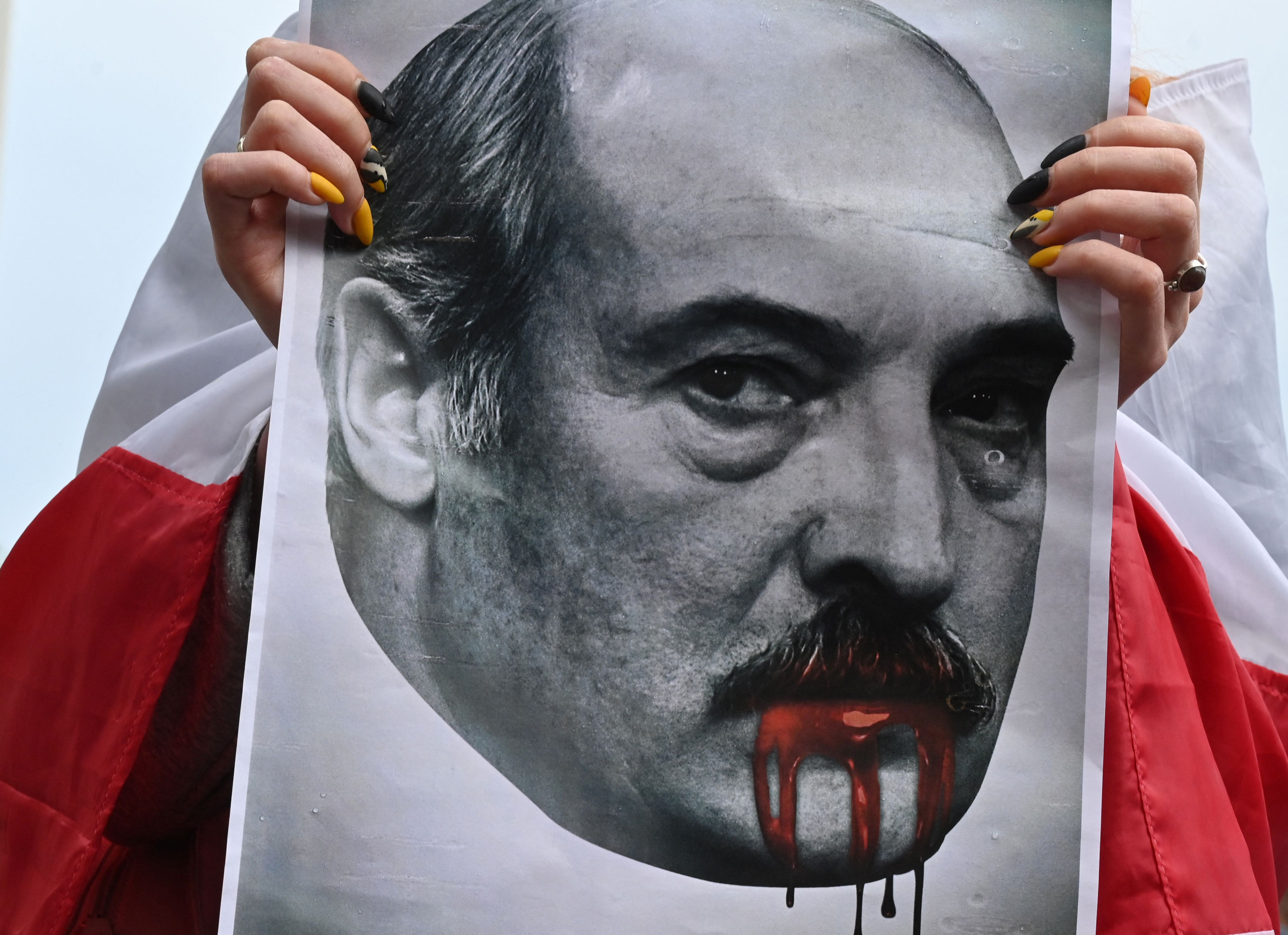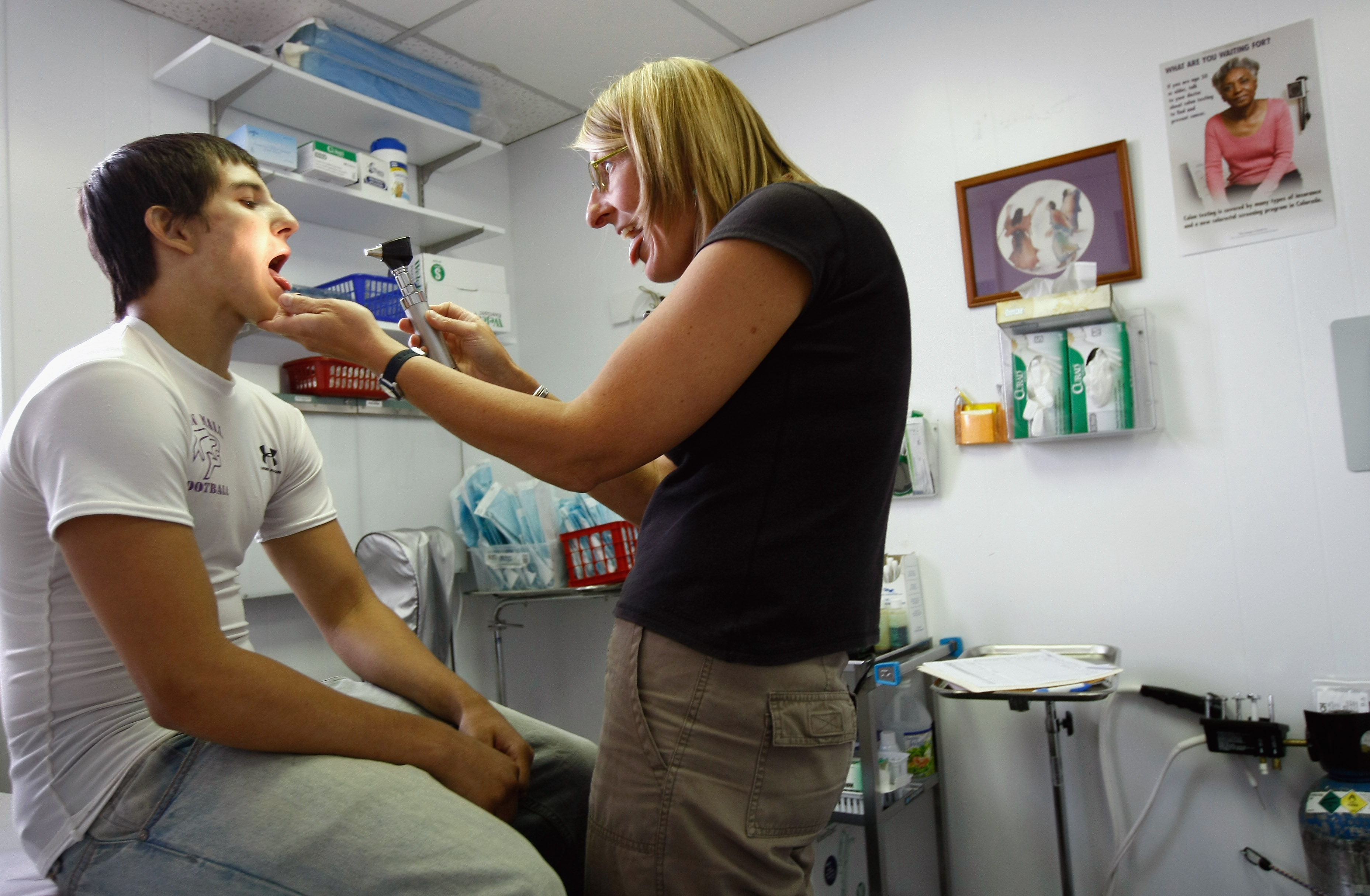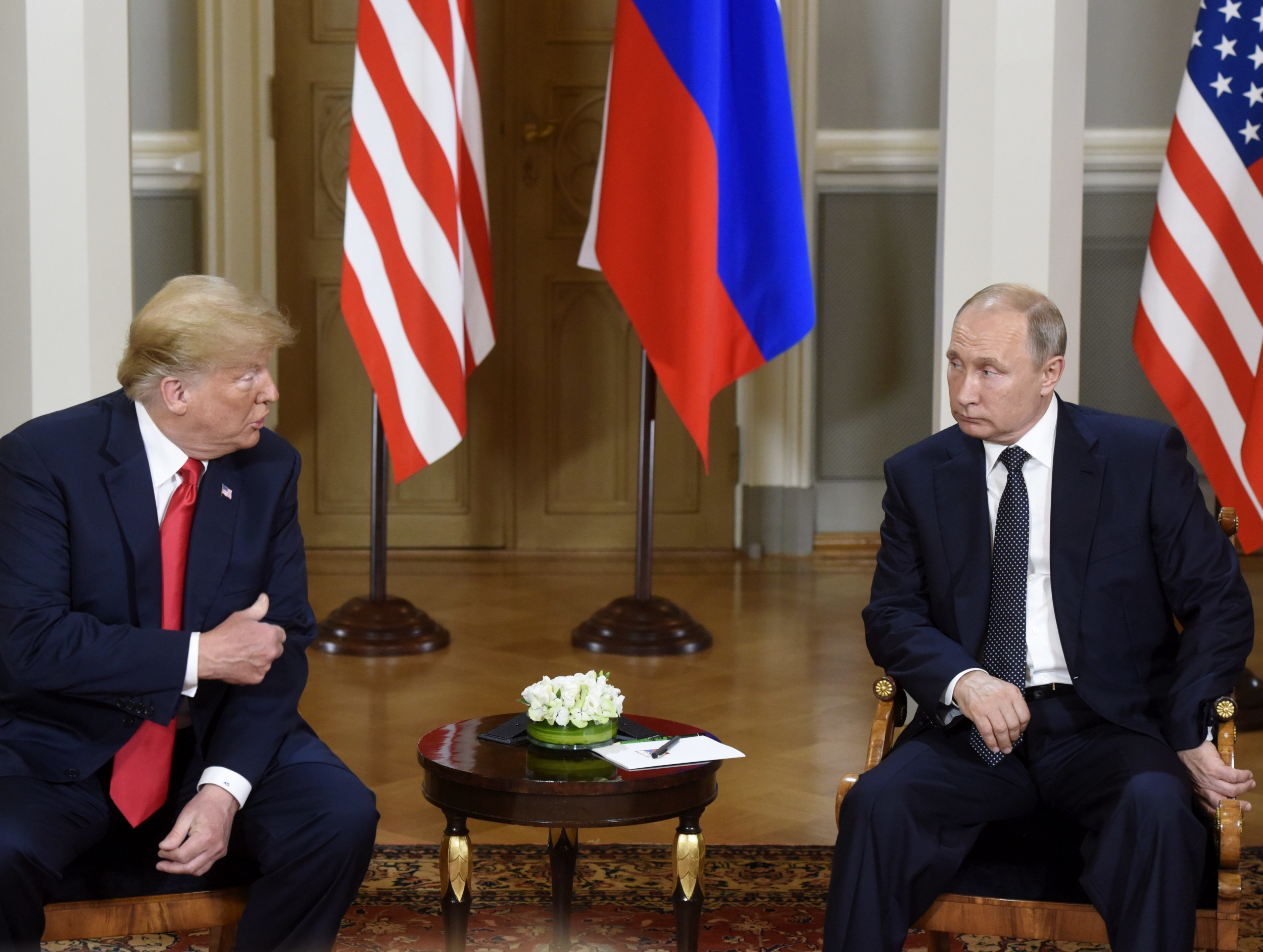The dispute between NASA and Russia's Roscosmos space agency over an air leak in the Russian segment of the International Space Station (ISS) continues following a meeting of NASA's ISS Advisory Committee on Wednesday.
At the heart of the disagreement is a small but persistent leak in a vestibule of the Zvezda service module called PrK, which separates a docking port from the rest of the module.
The leak has existed for several years, with station crews dealing with it by sealing off the PrK when not in use.
While leak rates on the ISS have been manageable, they have grown to the highest levels yet in 2024, reaching a loss of 1.7 kilograms of air per day, according to a September report from the Office of Inspector General (OIG).
This has elevated concerns from NASA about the structural integrity of the module.

The U.S. and Russian technical teams "don't have a common understanding of what the likely root cause is or the severity of the consequences of these leaks," Bob Cabana, the chair of NASA's ISS Advisory Committee, said at the meeting, according to reports from Space News.
Russian engineers believe the cracks causing the leaks are likely due to "high cyclic fatigue" from micro-vibrations.
However, NASA believes multiple factors are involved, including pressure, mechanical stress, material properties and environmental exposure, Cabana said.
The disagreement over the root cause has led to a clash over the severity of the issue. While Roscosmos believes continued operations are safe, NASA has expressed "concerns about the structural integrity of the PrK and the possibility of a catastrophic failure," according to Cabana.
He added: "The Russian team continues to search for and seal the leaks, it does not believe catastrophic disintegration of the PrK is realistic."
In May and June 2024, the ISS program elevated the leak risk to the highest level in its risk management system, underscoring NASA's growing concerns. However, Roscosmos remains confident it can monitor and seal the leak before it reaches an "untenable level," the OIG report stated.
At a briefing on November 8, NASA astronaut Michael Barratt, who had just returned to Earth on the Crew-8 mission after almost eight months in space, said NASA crews taking "a very conservative approach" by closing the hatch between the U.S. and Russian segments when the PrK hatch is open.
Barratt also said that his Russian counterparts had been "very open" about the issue, adding "there's no deficit of information. We all know what each other knows."
To try to resolve the dispute, the NASA and Roscosmos committees have recommended bringing in outside experts from academia and industry to help establish a "common understanding" of the structural integrity of the leaking module.
But with no clear timeline for when a resolution might be reached, the air leak issue continues to be a source of friction between the two space agencies as they work to maintain operations on the aging ISS.
"The station is not young. It's been up there for quite a while. You expect some wear and tear, and we're seeing that," Barratt said.
Do you have a tip on a science story that Newsweek should be covering? Do you have a question about the International Space Station? Let us know via science@newsweek.com.




















 English (US) ·
English (US) ·